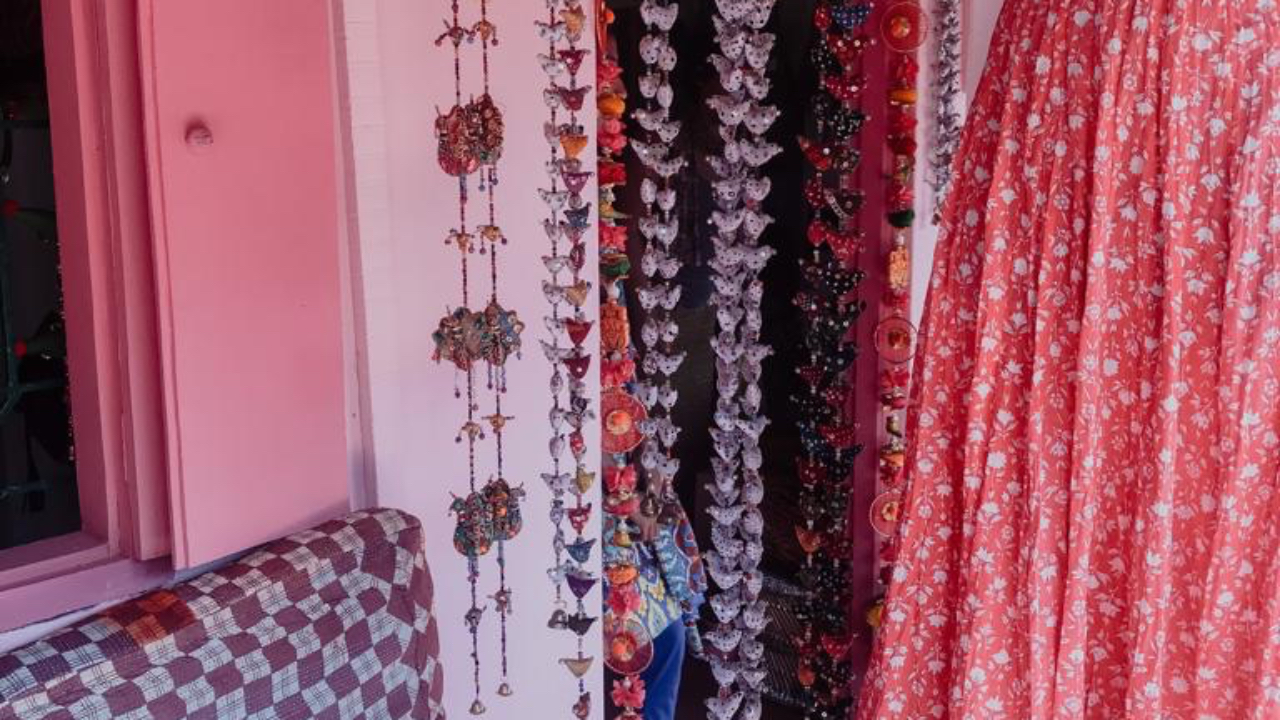Feminine Form Healing
May 10, 2023
Asking the Right Questions
Let me give you an example of feminine form practice in healthcare. I am a trained doula and I’ve been practicing as a childbirth support person for many years. As a doula I meet with my new ‘clients’ – the women whom I will support on the pathway of birthing their babies – several times before the ‘birthday’. It is usual for doulas to ask many questions of their clients at this time to find out about their birth hopes and dreams and history. The usual set of questions can be quite prescriptive, feeling like a medical questionnaire. One of my mentors made a suggestion to me years ago that was very powerful. She said how about we throw that questionnaire out the window and start by asking our clients ‘What do you know about how your grandmother birthed your mother?’.
Over the years I’ve now asked that question to many, many women and the answers are always profoundly moving and rich in their capacity to open us up to deeper and more sincere dialogue. We must get over our social niceties and candy-coated ‘tick-box’ mentality if we are to stand any chance of re-wilding ourselves as women. We must ask the harder questions of ourselves and each other. Dive a little deeper. Poke around in the murky bits. Wonder about our grandmothers, and their grandmothers and the golden chain of women before us.
This investigation can extend to our relationship with our bodies and our sexuality. What did your mother teach you about your body? About nudity and sexuality? What was your first menstrual cycle like? How did you feel?
What was your first sexual interaction like and how has that impacted your relationship to sex throughout your life? If you’re willing to dig into this question (I recommend free form journaling on it and seeing what comes up) there is true insight in terms of healing and clarity to be gained.
Birthing on Country – a story of Indigenous ‘Home birthing’
Here is a story of women reclaiming an ancestral line of empowerment and healing. I live on the East Coast of Australia, close to a river location named Dangar Island where Aboriginal birthing caves have been positioned for thousands of years. These days the caves are not used but I have visited them many times, sometimes when pregnant with my own babes and felt the deep power of their history. A cave itself is a portal and reminiscent of the birthing canal through which the baby will arrive earthside.
The caves were a birthing place for the women of the Guringai Nation and a ritual site for women and infants only. The rocks are inscribed with marks that we can no longer make sense of. Were they tribal records? Records of the babies born, lost and mourned … a tracking of the family lineages? We may never know but there is something special about a place for women and babies only, where safe birthing can occur close to the ocean. There are many small rockpools and I have often imagined women over hundreds of years using them as a birthing pool. I personally do not advocate ‘free-birth’ and believe it is very important to have a qualified midwife, with medical equipment if needed, present for the birth of a baby. But I dream of a time where we can meet in the middle and embrace our ancestral roots, and those of the land we live on whilst honouring the need for medical intervention when it arises.
In 2019 my friend Renee Adair who founded the Australian Doula College partnered with Charles Darwin University to co-facilitate an Accredited Doula training for Indigenous women in the remote First Nations community of Galiwin’ku. The project brought together ancient knowing with contemporary learning methodologies. The project pioneered a reawakening of First Nations wisdom where it might have been lost. The land helps us to remember when we watch it.
Many Aboriginal women in Australia, especially those in more remote regions prefer to birth their babies ‘on Country’ (on the land of their ancestral lineage). This means the baby is born within the ancestral ‘lines’ of his or her lineage and is important within Indigenous Australian culture. This birthing ‘On Country’ is not always possible because there may not be adequate sanitation or health care facilities. But the Charles Darwin University project has found a way to bring the worlds together. While many women do have to birth ‘off Country’ they are supported by ‘one of their own’ a doula who knows their language and offers consistency of care and a remembering of culture.
Universal Remembering
Practices as simple and perfect as yoni (vaginal) steaming show us how women’s wisdom is beyond cultural context and appropriation. Yoni steaming has been embodied by women from literally all over the globe as a traditional method of care, hygiene, healing, embodiment and reverence for our sexuality for hundreds if not thousands of years. Yoni steaming represents to me the meeting place of ritual and practical application. As a practice is serves both to cleanse in the metaphorical sense and in the literal sense. The methods and the process vary but the sentiment is the same. We can often, usually, heal ourselves in our kitchens, in our communities, with information passed down from our ancestors and lay-support people. We can start here at least and venture into mainstream health care when it is really needed.
If we are intelligent in our approach we will lean into the most healed and luminous way of viewing ourselves from all cultures and from all times in history (including the modern day). We will tread the universal pathways of sanctity, choice, and live awakened in our wild, wild selves with respect and reverence.
Join us to celbrate all things Divine Feminine for the FREE Shakti Rising program starting May 16th here www.bhaktirose.com.au/shaktirising
